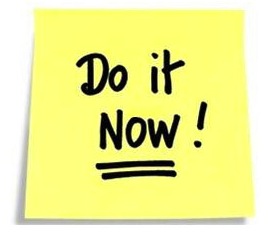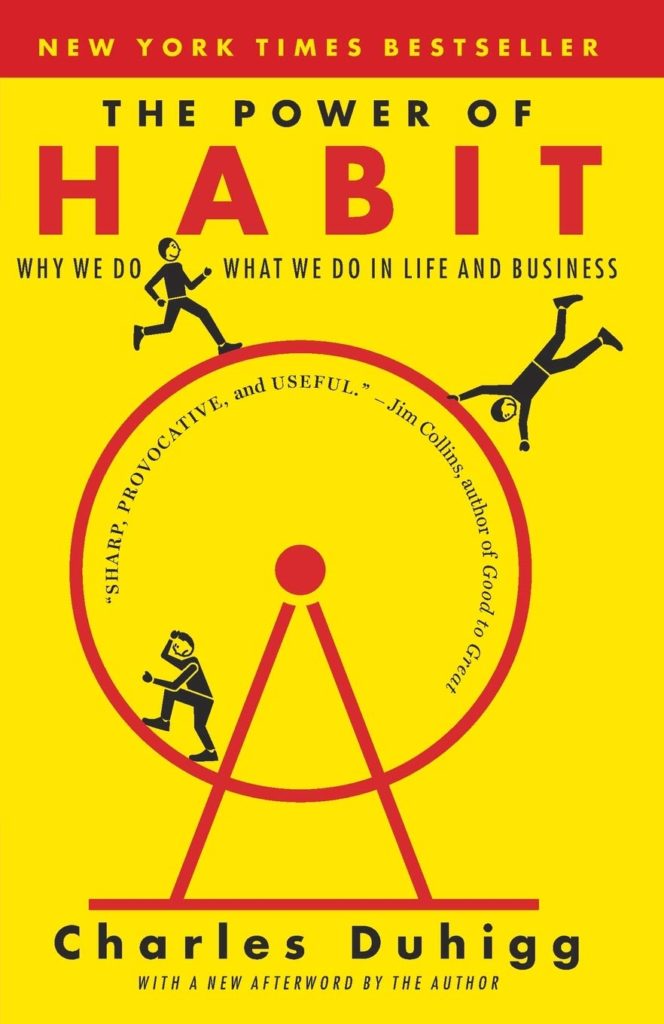“Procrastination is the art of keeping up with yesterday.”
—Don Marquis, American humorist, journalist, and author
My father Marvin is a great teacher relative to today’s quote. One of the characteristics he demonstrates quite often, given his age and occasional forgetfulness, is what I call reverse procrastination. He has developed a “do it immediately” approach to many things.
The new habit can be surprising, because he often stops in the middle of one activity and starts another that has just come to mind. If he doesn’t do it when it comes to mind, he is likely to forget to do it at all. The up side of it is that he does remember to go back and finish the first activity!
EXERCISE:
Where do you fit on the procrastination continuum of “do it now,” or “it can wait for whenever”?
What adjustments are needed to make sure you are not simply keeping up with yesterday?


